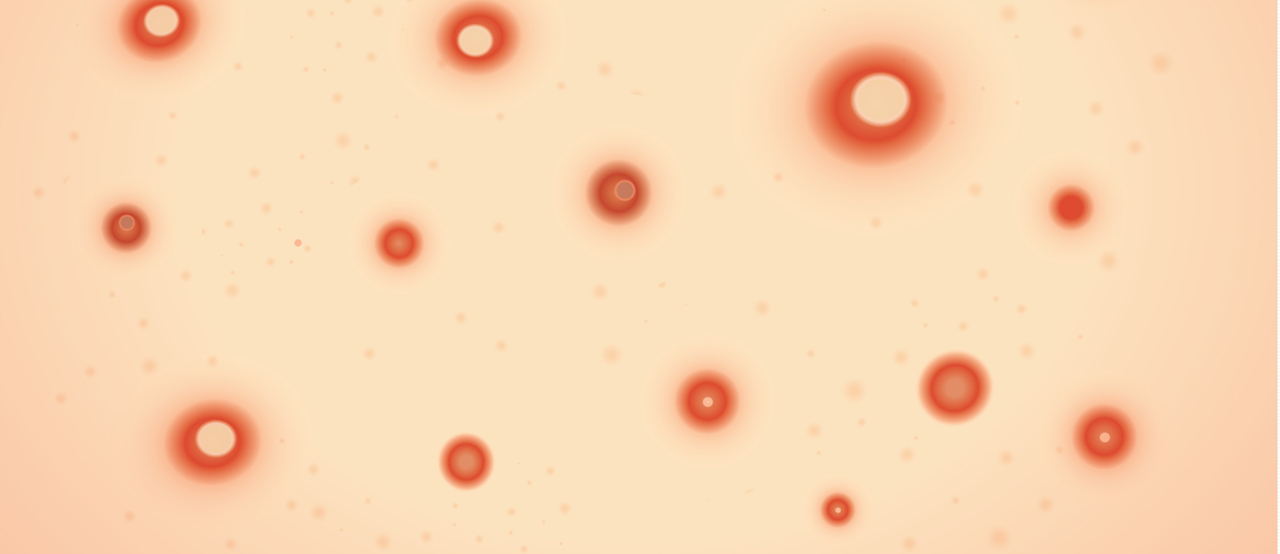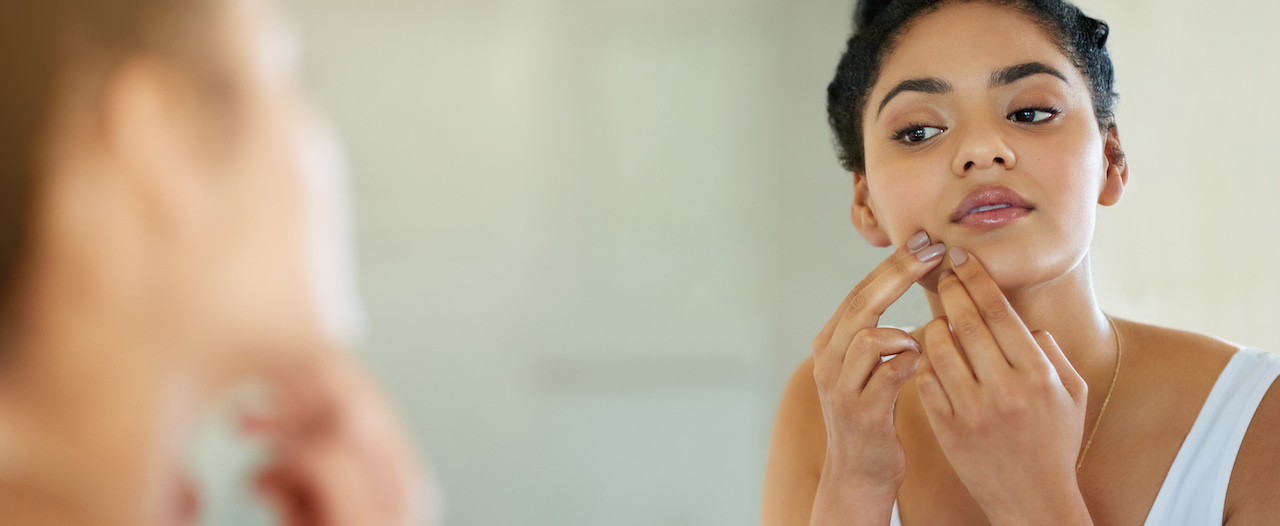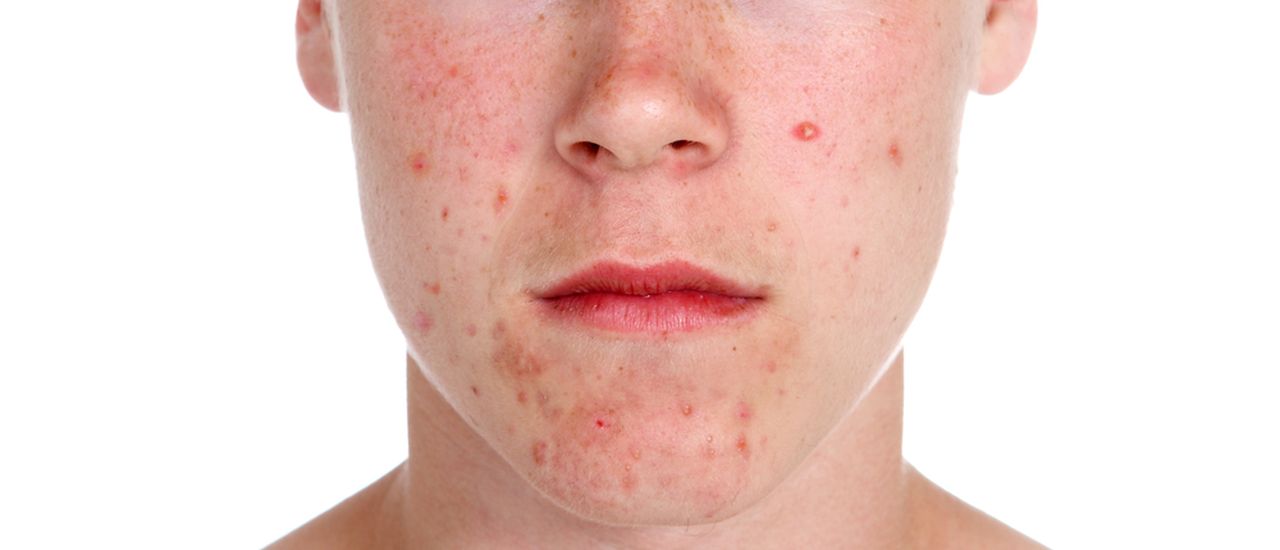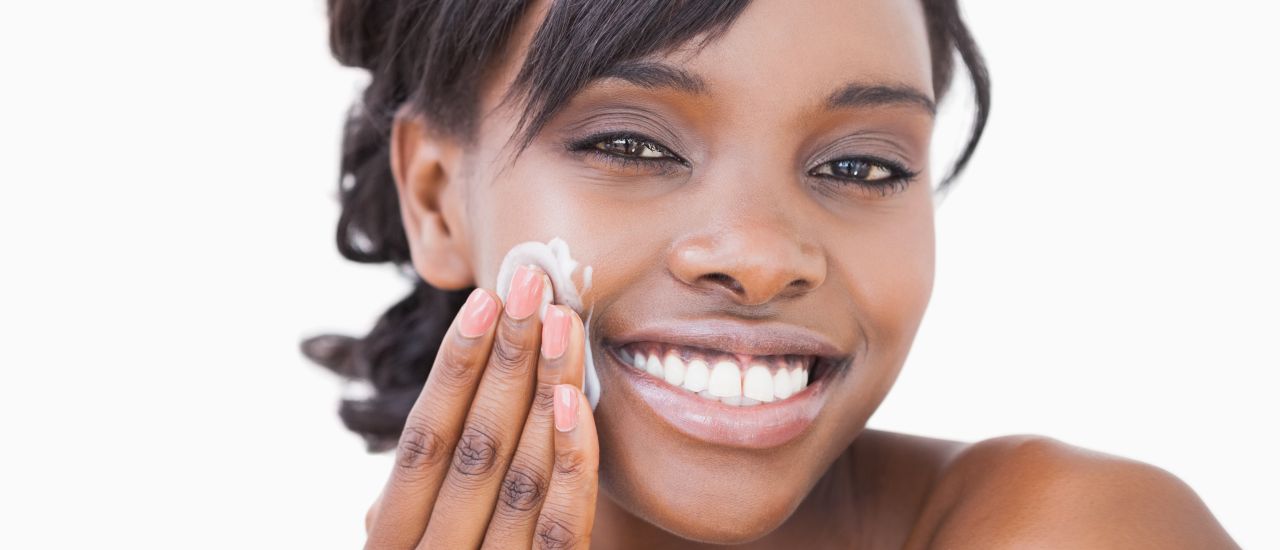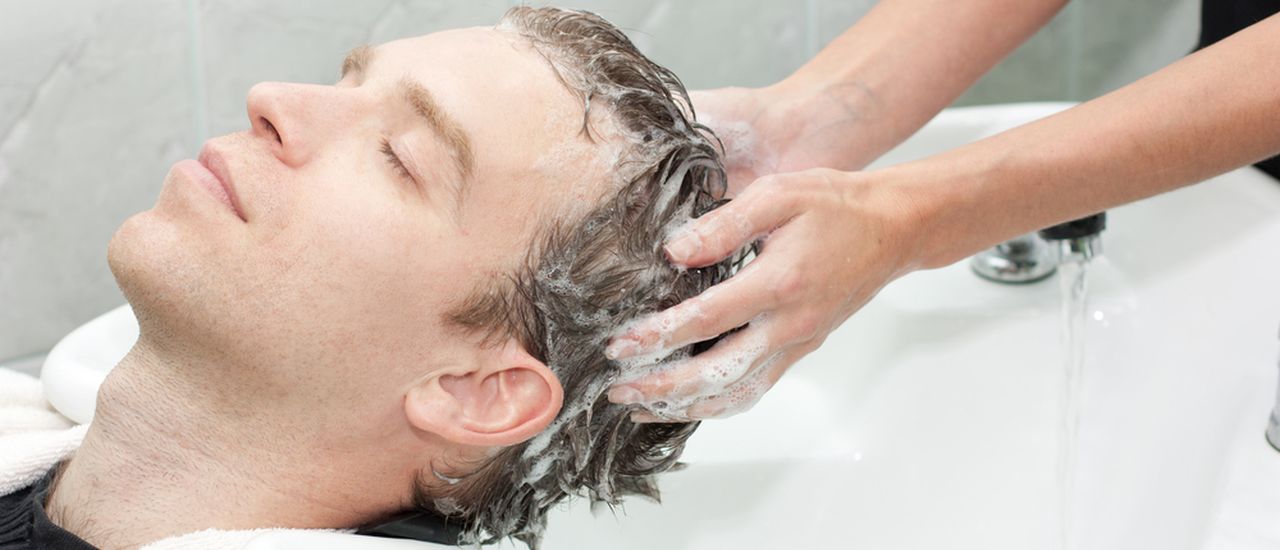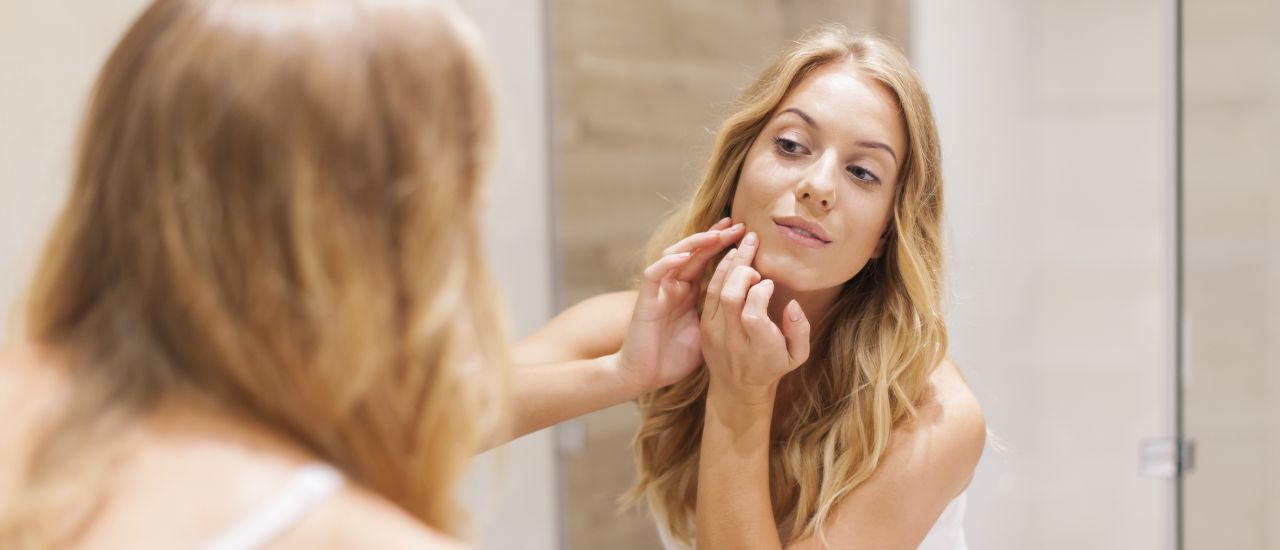Could it be a bad pimple or a boil? Well both start out similarly. The difference is that a pimple may appear as a raised reddish spot and a boil grows bigger and may become more painful. You can blame a bacteria called Staphylococcus aureusis also known as “staph” for this irksome condition.
Red, painful, swollen, pus-filled and tender; a boil is certainly not what you want. The good thing is you can get rid of it naturally.
The ew factor
A boil is an infection of the skin caused by bacteria. It begins in the oil gland or hair follicle and results in an irritation that’s red and filled with pus in the middle. Bacteria enter the body through cuts and nicks. It’s highly contagious, and may be accompanied by a fever too. Normally, boils appear where there’s sweat and friction and any other place on the body with hair follicles, like the armpits and buttocks. This also includes the face, shoulders and the neck.
Applying topical creams, taking antibiotics or draining out the pus, is normally how people get rid of boils. As tempting as it may be to want to “pop” it, fight the urge as this just spreads the infection even more.
Home remedies can often be the best solutions for the treatment of boils. If it lasts for more than two weeks, you have a fever with swollen lymph nodes, it’s on the spine or face, or you’re in severe pain; it’s time to see a doctor.
How risky is it?
Anyone is at risk of developing a boil more especially those who have a weakened or compromised immune system that can’t fight off infections.
Boils, be gone!
- Clean and treat minor wounds properly, as they’re likely to get infected.
- Wash the clothes, bedding and towels of anyone you’re frequently in contact with who’s infected with boils.
- Practise good hygiene. Shower or bath regularly and use an antibacterial soap or gel.
- Wash your hands often or use a hand sanitiser.
- Stick to a diet that has foods that can help fight off bacteria. Bone up on more Vitamin C and protein.
5 ways to relieve a boil at home
#1 Warm compressor
A warm and wet compressor is helpful to decrease the pain and increase blood flow to the area. It also promotes circulation and will help draw the pus to the surface, to eventually burst. Do this daily to help speed up the process and help the boil pop and drain on its own.
#2 Apply an antibacterial ointment
Different types of ointments can help kill off the germs around the boil. It will ripen the boil and stimulate drainage.
#3 Epsom salt bath
Run a hot bath, and make sure the water isn’t too hot to harm your skin. Epsom salt has antiseptic properties that bring out toxins and dry the boil with minimal pain. Epsom salt also increases perspiration that will help rid your body of metabolic wastes. Do this two to three times a week.
#4 Baking soda paste
Mix baking soda and water until it forms a thick paste. Baking soda helps drain an abscess naturally. Apply to the boil and affected skin area.
#5 Thick slices of onion
Onions have active compounds and anti-inflammatory properties that can ease the pain of a boil. It also has antifungal and antiseptic properties to fight boils and prevent them from developing again. Apply a slice of onion over the boil and cover with a gauze overnight. This should generate heat and draw blood. Continue the process until the boil comes to the head and drains.
When to see the doctor
If your home remedies don’t work, you may need to visit your doctor. Don’t wait any longer if you have any of these symptoms:
- Red streaks around the skin of the boil
- The pain gets worse
- The boil does not drain
- Fever
- Swollen lymph nodes
If in doubt, chat to one of our doctors on the Hello Doctor App, so we can help you get back your beautiful skin!
References
- https://www.symptomfind.com/symptoms/getting-to-the-bottom-of-skin-boils/
- https://draxe.com/how-to-get-rid-of-a-boil/
- http://www.dermishealth.com/treatment-for-skin-boils.html
- http://www.webmd.com/skin-problems-and-treatments/guide/boils#2
- http://www.naturalremedies.org/boils/
- http://homeremediesforlife.com/onion-for-boils/
- http://www.diyhealthremedy.com/7-home-remedies-to-treat-abscess/

